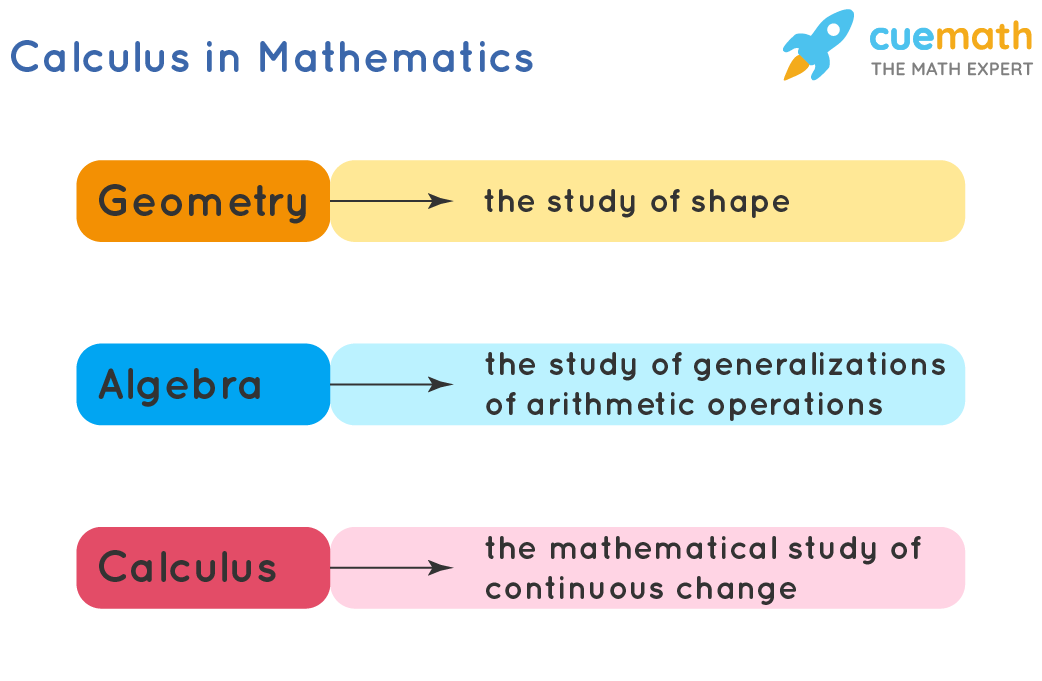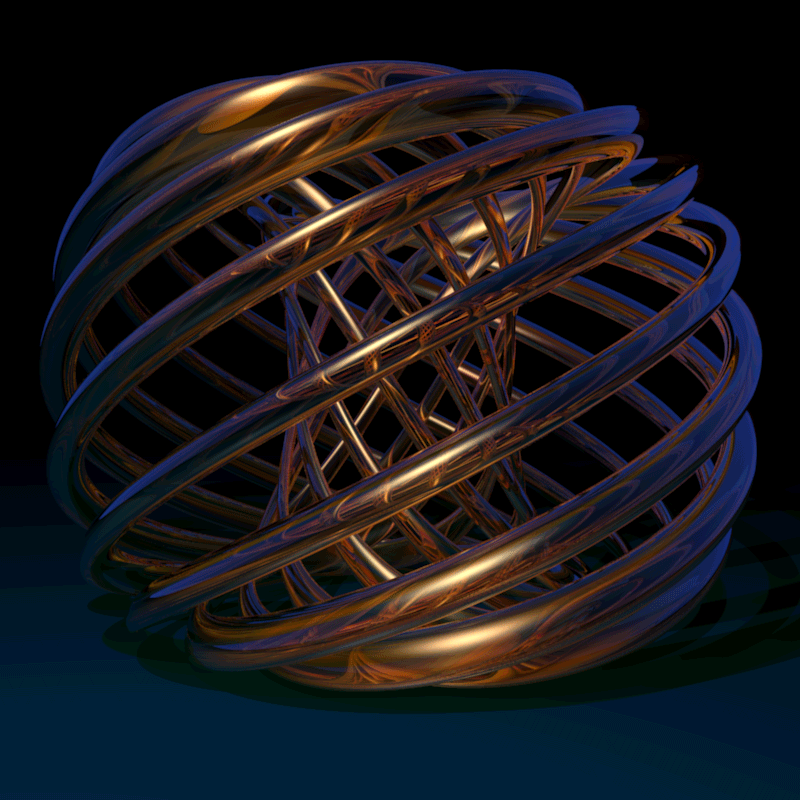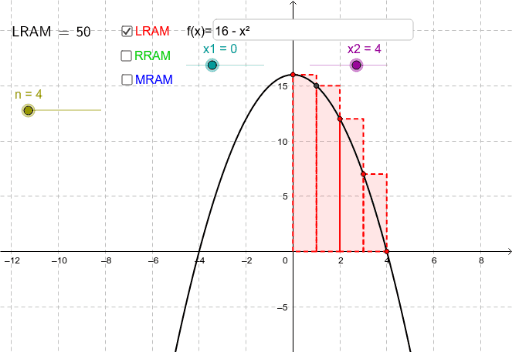30-04-2021
Calculus
Word History The branch of mathematics called calculus deals with problems that simple arithmetic or algebra cannot deal with, such as finding areas and volumes of unusual shapes and solids, and measuring rates of change. The word calculus comes from the.
- Calculus definition is - a method of computation or calculation in a special notation (as of logic or symbolic logic). How to use calculus in a sentence.
- Calculus is the branch of mathematics that deals with continuous change. Calculus is also called infinitesimal calculus or “the calculus of infinitesimals”. Classical calculus is the study of continuous change of functions. The two major concepts of calculus are derivatives and integrals.
Also found in: Thesaurus, Medical, Legal, Financial, Acronyms, Idioms, Encyclopedia, Wikipedia.
Related to calculus: integral calculus, differential calculus
cal·cu·lus
(kăl′kyə-ləs)n.pl.cal·cu·li(-lī′) or cal·cu·lus·es1. Medicine An abnormal concretion in the body, usually formed of mineral salts and found in the gallbladder, kidney, or urinary bladder, for example.
3. Mathematicsa. The branch of mathematics that deals with limits and the differentiation and integration of functions of one or more variables.
b. A method of analysis or calculation using a special symbolic notation.
c. The combined mathematics of differential calculus and integral calculus.
Calculus Of Kidney
4. A system or method of calculation: '[a] dazzling grasp of the nation's byzantine budget calculus'(David M. Alpern).
[Latin, small stone used in reckoning; see calculate.]
American Heritage® Dictionary of the English Language, Fifth Edition. Copyright © 2016 by Houghton Mifflin Harcourt Publishing Company. Published by Houghton Mifflin Harcourt Publishing Company. All rights reserved.
calculus
(ˈkælkjʊləsCalculus Problems
) n, pl-lusespl-li (-ˌlaɪ)1. (Mathematics) a branch of mathematics, developed independently by Newton and Leibniz. Both differential calculus and integral calculus are concerned with the effect on a function of an infinitesimal change in the independent variable as it tends to zero
2. (Mathematics) any mathematical system of calculation involving the use of symbols

3. (Logic) logic an uninterpreted formal system. Compare formal language2
4. (Pathology) pathol a stonelike concretion of minerals and salts found in ducts or hollow organs of the body
[C17: from Latin: pebble, stone used in reckoning, from calx small stone, counter]
Collins English Dictionary – Complete and Unabridged, 12th Edition 2014 © HarperCollins Publishers 1991, 1994, 1998, 2000, 2003, 2006, 2007, 2009, 2011, 2014
cal•cu•lus
(ˈkæl kyə ləs)n., pl. -li (-ˌlaɪ)
-lus•es.
1. a method of calculation, esp. one of several highly systematic methods of treating problems by a special system of algebraic notations, as differential or integral calculus.
2. a stone, or concretion, formed in the gallbladder, kidney, or other part of the body.
3. a hard, yellowish to brownish black deposit on teeth formed largely through the calcification of dental plaque; tartar.
4. calculation: the calculus of political appeal.
[1610–20; < Latin: pebble, small stone (used in reckoning)]
Random House Kernerman Webster's College Dictionary, © 2010 K Dictionaries Ltd. Copyright 2005, 1997, 1991 by Random House, Inc. All rights reserved.
cal·cu·lus
(kăl′kyə-ləs) The branch of mathematics that finds the maximum or minimum values of functions by means of differentiation and integration. Calculus can be used to calculate such things as rates of change, the area bounded by curves, and the volume bounded by surfaces. See more at differentiation, integration.
Word History The branch of mathematics called calculus deals with problems that simple arithmetic or algebra cannot deal with, such as finding areas and volumes of unusual shapes and solids, and measuring rates of change. The word calculus comes from the Latin word that means 'little stone, pebble.' How did a word meaning 'little stone' come to refer to this branch of mathematics? The answer comes from the counting practices of the ancient Romans over 2,000 years ago. They would add things up by using little pebbles or stones that represented particular numbers, as on an abacus. Later, the word calculus came to mean not just the pebble used in counting, but a counting system itself. Much more recently, it came to refer to the modern branch of mathematics, which was invented in the 17th century. The word calculus, incidentally, is also the source of the Latin word calculare, 'to add up,' which gives us our word calculate.
The American Heritage® Student Science Dictionary, Second Edition. Copyright © 2014 by Houghton Mifflin Harcourt Publishing Company. Published by Houghton Mifflin Harcourt Publishing Company. All rights reserved.
calculus
a branch of mathematics that treats the measurement of changing quantities, determining rates of change (differential calculus) and quantities under changing conditions (integral calculus).
See also: Mathematics-Ologies & -Isms. Copyright 2008 The Gale Group, Inc. All rights reserved.
| Noun | 1. | calculus - a hard lump produced by the concretion of mineral salts; found in hollow organs or ducts of the body; 'renal calculi can be very painful' bladder stone, cystolith - a calculus formed in the bladder enterolith - a calculus occurring in the intestines bilestone, gallstone - a calculus formed in the gall bladder or its ducts kidney stone, nephrolith, renal calculus, urinary calculus - a calculus formed in the kidney rock, stone - a lump or mass of hard consolidated mineral matter; 'he threw a rock at me' salivary calculus, sialolith - a stone formed in the salivary gland |
| 2. | calculus - an incrustation that forms on the teeth and gums tophus, tartar crust, encrustation, incrustation - a hard outer layer that covers something | |
| 3. | calculus - the branch of mathematics that is concerned with limits and with the differentiation and integration of functions math, mathematics, maths - a science (or group of related sciences) dealing with the logic of quantity and shape and arrangement pure mathematics - the branches of mathematics that study and develop the principles of mathematics for their own sake rather than for their immediate usefulness analysis - a branch of mathematics involving calculus and the theory of limits; sequences and series and integration and differentiation differential calculus, method of fluxions - the part of calculus that deals with the variation of a function with respect to changes in the independent variable (or variables) by means of the concepts of derivative and differential integral calculus - the part of calculus that deals with integration and its application in the solution of differential equations and in determining areas or volumes etc. calculus of variations - the calculus of maxima and minima of definite integrals |
Based on WordNet 3.0, Farlex clipart collection. © 2003-2012 Princeton University, Farlex Inc.

počet
calcolotartarotartaro dentario
kamień nazębny
analys
calculus
 [ˈkælkjʊləs]N (calculuses or calculi (pl))
[ˈkælkjʊləs]N (calculuses or calculi (pl))  [ˈkælkjʊlaɪ] (Math) → cálculom
[ˈkælkjʊlaɪ] (Math) → cálculomintegral/differential calculus → cálculom integral/diferencial
Collins Spanish Dictionary - Complete and Unabridged 8th Edition 2005 © William Collins Sons & Co. Ltd. 1971, 1988 © HarperCollins Publishers 1992, 1993, 1996, 1997, 2000, 2003, 2005
calculus
[ˈkælkjʊləs]n → analysef (mathématique), calculminfinitésimalintegral calculus, differential calculusCollins English/French Electronic Resource. © HarperCollins Publishers 2005
calculus
n(Math) → Infinitesimalrechnungf, → Differenzialrechnungf, → Differentialrechnungf, → Integralrechnungf
Collins German Dictionary – Complete and Unabridged 7th Edition 2005. © William Collins Sons & Co. Ltd. 1980 © HarperCollins Publishers 1991, 1997, 1999, 2004, 2005, 2007
calculus
[ˈkælkjʊləs]n → calcolodifferential/integral calculus → calcolodifferenziale/integrale
Collins Italian Dictionary 1st Edition © HarperCollins Publishers 1995
cal·cu·lus
n. cálculo, concreción o pequeña piedra que puede formarse en las secreciones y fluidos del organismo;calcium oxalate ___ → ___ de oxalato de calcio;
fibrin ___ → ___ de fibrina;
English-Spanish Medical Dictionary © Farlex 2012
calculus
n (stone) cálculo, piedra; (dent) cálculo, sarro (dental); renal — cálculo renal, piedra en el riñónEnglish-Spanish/Spanish-English Medical Dictionary Copyright © 2006 by The McGraw-Hill Companies, Inc. All rights reserved.
 Want to thank TFD for its existence? Tell a friend about us, add a link to this page, or visit the webmaster's page for free fun content.
Want to thank TFD for its existence? Tell a friend about us, add a link to this page, or visit the webmaster's page for free fun content. Link to this page:
